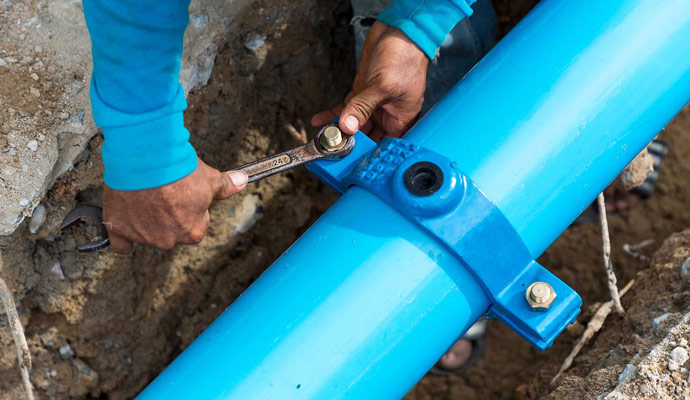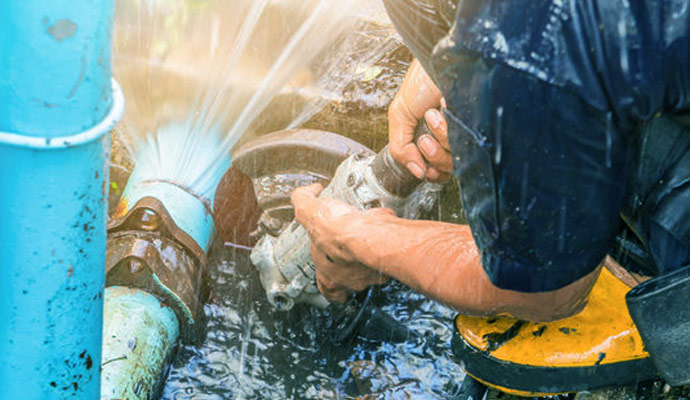Sewer Line Leak Detection in New Orleans & Baton Rouge
Is your property at risk because of a sewer line leak? We’ll pinpoint the location of the leak and root out the cause so you can get the situation corrected at your home or office in Baton Rouge, Covington, Hammond, New Orleans, Denham Springs, and throughout our service area in Southeast Louisiana.
At Louisiana Leak Detection, our IICRC-certified technicians use infrared cameras, SONAR imaging, and other advanced technologies to quickly and efficiently detect sewer line leaks, slab foundation leaks, plumbing leaks, and more for residential & commercial customers. To learn more, call Louisiana Leak Detection at 225-320-5566 or click here when you are ready to schedule some sewer line leak detection services.
Detect Sewage Leaks With Our Fast And Effective Leak Detection Services

We utilize cameras, infrared technology, and SONAR to quickly and efficiently locate leaks.

We’re trained to safely and effectively detect sewer leaks so your home and business can be quickly restored.

We will customize our services to meet your sewer leak repair needs in Southeast Louisiana.
How It Works

We’ll arrive at your property and determine where the leak may be coming from.

We use advanced imaging to detect sewer line leaks in a non-invasive manner that doesn’t cause damage to your property.

We will provide a detailed report of where the leak is located so it can be repaired quickly.

What Is Found In Raw Sewage?
Raw sewage typically consists of everything that leaves a building by any water drain – including toilet water. This means everything from human excrement, soaps, detergents, cleaning products, to food waste is considered sewage.
Sewage leaks are a serious problem. When these materials mix and react with the microorganisms that inhabit sewage, it can be hazardous.

Dangers Of A Sewer Line Leak
Besides the odors and potential structural damages of a sewage overflow, it can pose serious health risks if not addressed immediately. Some of the risks include:
- Sickness and disorientation when high doses of hydrogen sulfide are present.
- Exposure to E-coli, salmonella, campylobacter, intestinal amoebas, shigella, and even cholera.
- Lack of oxygen and asphyxiation caused by methane.
Signs Of A Sewer Line Leak at Your Property
Sewer leaks can occur for a number of reasons. Some warning signs that could potentially help you prevent leaks before they happen include:
The sound of constant running water (even after you’ve turned off your faucets) can be a sign of a potential sewage leak. Be sure to check the running water of your toilets as well.
Moist or wet-looking floors are another sign of sewer leakage. The plumbing network snakes through a building, and when it starts to seep water, it can damage interior flooring.
One of the telltale signs of sewage damage is the smell of mold, mildew, and waste. Leaking sewer lines foster an environment for bacterial growth, which can give off unpleasant odors.
A simple overview of your water bill can also tell you if there’s a leaking problem. While costs tend to fluctuate normally, if you notice a huge spike in your bill, it wouldn’t hurt to check the sewer lines for a potential leak.
